
This week, we continue where we left off in the last chapter on the rising hate in the country. We covered how this was not an isolated phenomenon, and how 'alt-right' groups have been increasing their campaigns of hate. We also saw the reports on TekFog, an app that automated the spread of hatred and online violence.
Their third detailed piece explores and exposes how such narratives were peddled and pushed during the 2020 Delhi violence and against the Tablighi during the first year of the pandemic.
Four arrests had been made so far in the Bulli Bai case, as we had quoted reports last week. However, what has newly emerged is the unearthing of a cult of online hate, which parallels the 'alt-right' groups of the US.
The US 'alt-right' has been around and active for several years now- and this is widely documented, written about, and academically discussed. There are researched pieces in journals, like these on 'The “Great Meme War:” the Alt-Right and its Multifarious Enemies,' or ' “Deplorable” Satire: Alt-Right Memes, White Genocide Tweets, and Redpilling Normies,' or 'On Frogs, Monkeys, and Execution Memes: Exploring the Humor-Hate Nexus at the Intersection of Neo-Nazi and Alt-Right Movements in Sweden,' which, through case studies, trace how the alt-right has memed its existence and made racism, fascism and supremacy easier to spread among wider audiences.
Memes have been popular enough on the internet now. Coined by Richard Dawkins (inadvertently and in a different context) in his 1976 book, memes can be defined as-
virally transmitted image embellished with text, usually sharing pointed commentary on cultural symbols, social ideas, or current events. A meme is typically a photo or video, although sometimes it can be a block of text. (source)
They are, as one description goes, one of the latest evolutions of “leaflet” propaganda and an effective tool in the arsenal of digital persuasion." It has a cultural significance within the larger internet culture and its population. Memes are pieces of internet culture that change with time, language and region. They feature different formats, a variety of image macros, and creative alterations and can be surreal, 'strange,' or absurd.
However, they can also be hate. As the Southern Poverty Law Center, USA notes, the Alternative Right is characterized by heavy use of social media and online memes:
The Alternative Right, commonly known as the "alt-right," is a set of far-right ideologies, groups and individuals whose core belief is that “white identity” is under attack by multicultural forces using “political correctness” and “social justice” to undermine white people and “their” civilization.
It is a non-monolithic, extremist far-right movement, and they have hijacked seemingly innocent parts of the internet culture in their communities in 4Chan, Reddit, 8Chan, and recently, discord. They hailed their leaders like Trump, and called for and organized violence. Their succeeded attempts include the insurrection of the US Capitol after Trump's defeat, or the shootings in New Zealand. The internet being used for radicalisation is not exactly new, but the impunity they have, and their use of 'humour' is new. Pepe the Frog, or the internet's "sad frog meme" is one of the mascots of hate since 2017.
As for how these have been linked to other violence such as with 'incels', there have been plenty of stories.
India: Trads, Raitas and other violence.
The recent arrests, as earlier noted, brought into the mainstream the discussion of what has been going on inside India's online communities. The SulliDeal-BulliBai apps were developed by 'trads,' the online alt-right subculture that looks like its western counterparts.
Pepe the frog makes its way to India as well, as detailed stories covered by NewsLaundry and TheWire show. (Most of following links come with potential Trigger Warnings) Pepe's image transforms from Trump's lookalike in the US, to a saffron toad that is constantly on the offensive against Dalits, Bahujans, Muslims ... and even 'softer' right wingers. The Trad term for the less radical right is the 'raita,' and this includes even supporters like most iconic ones from the cohorts of BJP or the RSS, because of conflict between a grand Hindu unity and caste supremacy.
Unlike the trads in the US who love Donald Trump, Indian trads have two major problems with Narendra Modi. First, his OBC caste and second, they feel that he’s just too soft on Muslims. They even refer to Modi as ‘Maulana Modi’ when he greets people on Eid or Christmas.
...some trads go on to glorify Sati, open defecation and even caste slavery. This is why even extreme BJP supporters stay away from them, even though they may agree with the trads partly on certain issues. (TheWire)
The NewsLaundry investigation details the roles played by the accused/arrested, the twitter user @liberaldoge (Ritesh Jha), and the dubious user(s) by the name Giyu who claims to be from Nepal.
The scroll.in podcast also goes into the trad culture, and talks of how the death of Sushant Singh in 2020 led to a slew of conspiracy theories, mobilising and radicalising online, in what could be India's 'QAnon' moment.
Ravish Kumar had also done a detailed story in his Prime Time show on the 'trad-'culture.
In India, while memes are an important tool in propagating these ideas covertly and escaping filters, what drives a lot of violence is actually impunity and support from the system.
What distinguishes this alt-right movement from the organised hate crime nexus is its self-sustaining and organic nature. This is a movement in which people willingly participate for association, irrespective of what they may gain or lose. In that sense, it is an online army of individuals deeply committed to the movement, with their political engagement expressing itself in twisted forms of “humour”. (TheWire)
This does not mean that their offline counterparts are unrelated to the matter. It was last month that extremist groups had organised a conference calling for the killings of minorities. This week, the organiser of the Dharam Sansad conference in Haridwar was arrested and remanded for 14 days.
Al Jazeera's piece from back in 2018, had already compared the various alt-right movements worldwide:
Gregory Stanton, president of Genocide Watch has sounded the alarm on the rising levels of hate. The organisation had predicted such violence in Rwanda and Myanmar, and now warn of a similar trajectory in India.
The online cults are only a piece of the larger problem. To end, here's a happier image of Pepe, after the original creator tried to redeem the meme.
In Other News
Take a look at IFF's updated connectivity tracker for 2022, mapping data on online education, connectivity and the digital divide in India.
Emma Watson's tweet in solidarity with Palestine tweet also caused a bit of a controversy online:
Read this piece from the Times of India on why science must be accessible to everyone:

India also announced a VR - virtual reality wedding, as this Times of India report says, which will take place on February 6, 2022, on Metaverse. The couple are engineers, one from IIT Madras and his fiancé is a software engineer - both from Tamil Nadu:

Further reports on the pandemic, exclusion and poverty: Oxfam's report shows how the poor got poorer and the rich even richer in the pandemic.
Also, the UNESCO had come out with their report on languages in Cyberspace which can be read here.

Internet shutdowns do not end in the country, however:
A lawsuit filed accused the CEOs of Meta and Alphabet of striking an illegal deal to carve up the digital market space:

This op-ed piece in The Hindu on the legal provisions of hate speech is a detailed read:
Updates From DEF
The third wave has once again put underprivileged students in a vulnerable position as schools & colleges are going back to online education. Through the Digital Daan campaign, we are trying to bridge the #digitaldivide and provide equal access to all. Help us provide digital devices by donating to the digital daan campaign or help us to raise money to buy more devices.
In Collaboration with Canada High Commission, DEF launched World Wide Women program for digital entrepreneurship, follow the above tweet for more details.
You can also access the recording of the conversation between Osama Manzar and Ashoka on Internet and Human Rights from the link in this tweet:
DEF partner APC posts this important message of 100 public interest organisations wrote to UN:
DEF founder Osama Manzar joins in a discussion organised by Broadband India Forum:
Story of Raj Kiran from an Internet Dark area of a UP village and how he gets his rights through digital centre established by DEF
This week's chapter of TypeRight ends in memorial of the death anniversaries of two brilliant minds: Rohith Vemula (30/01/1989- 17/01/2016) and Aaron Swartz (08/11/1986- 11/01/2013). Rest in Power.


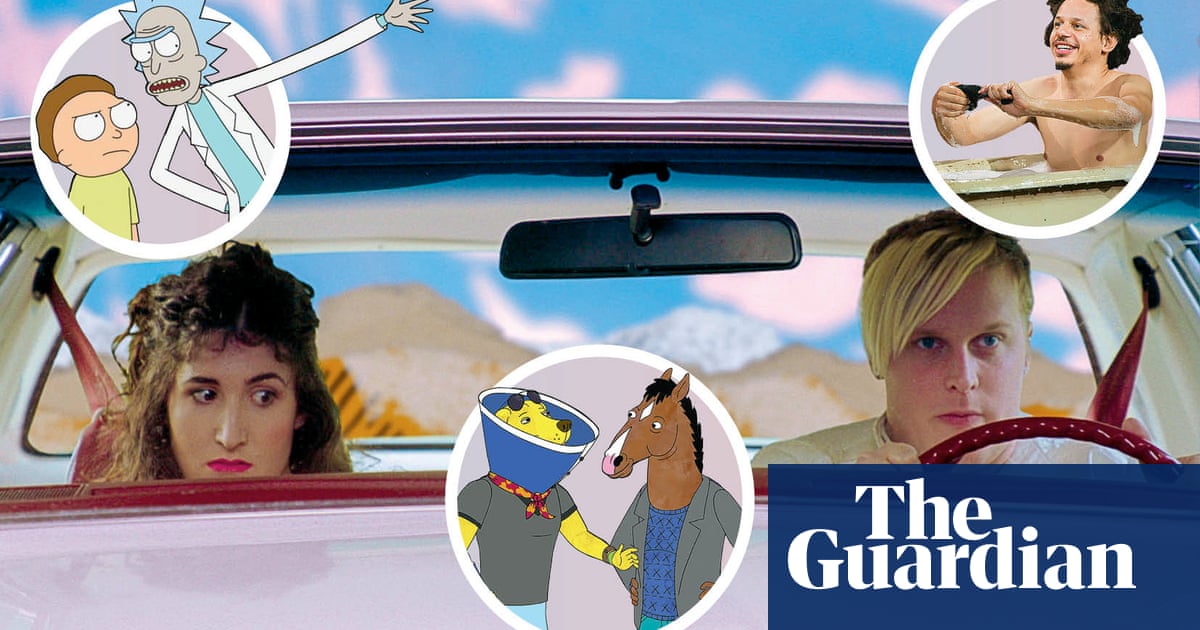
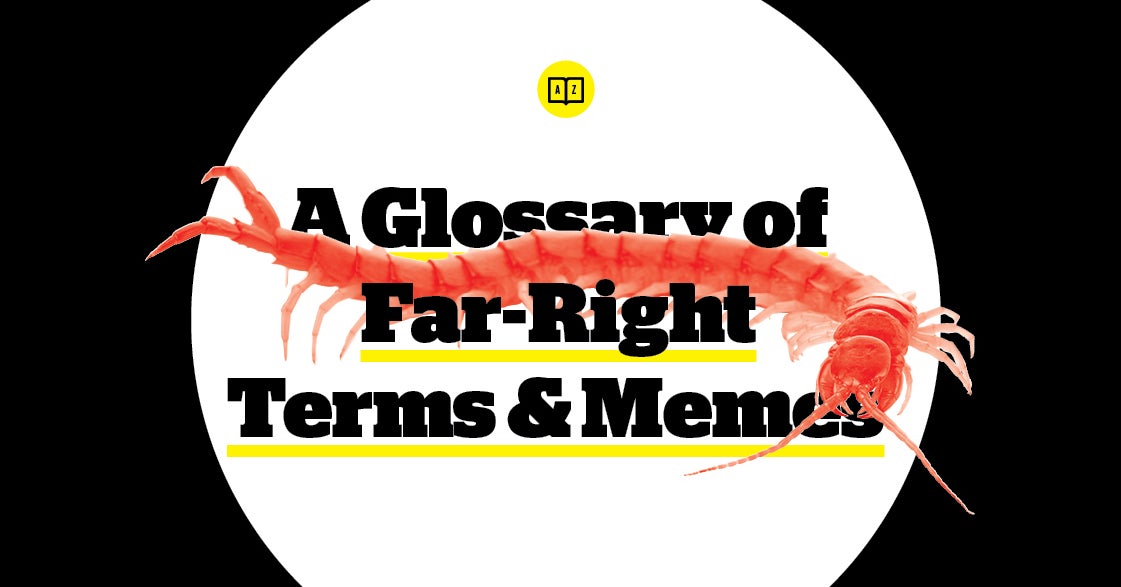

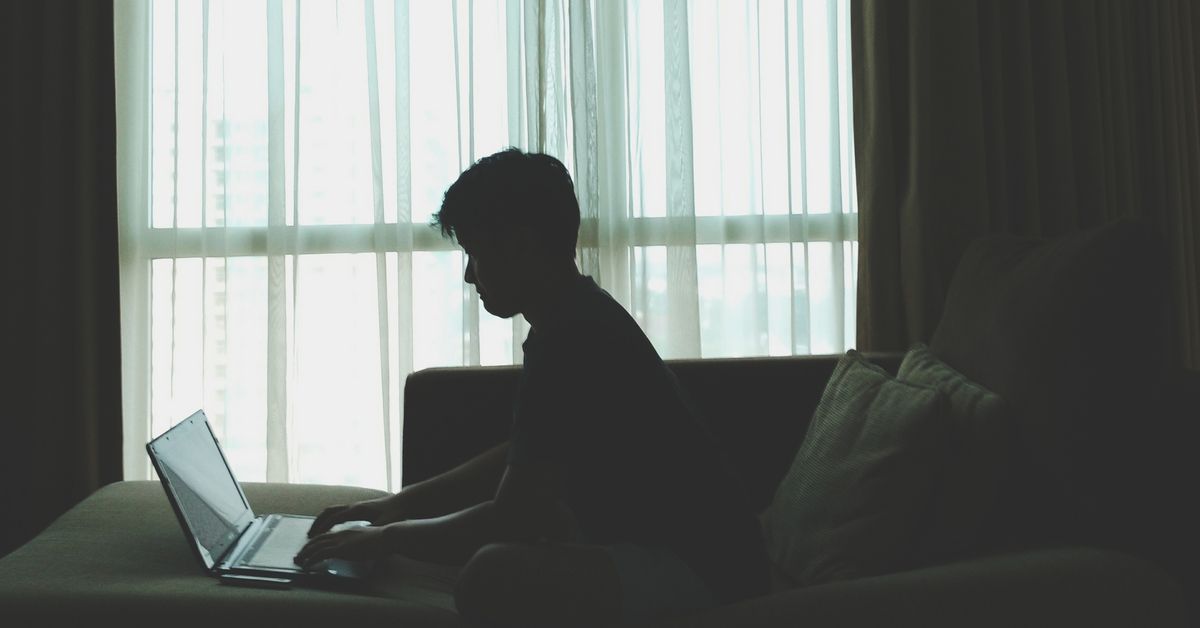



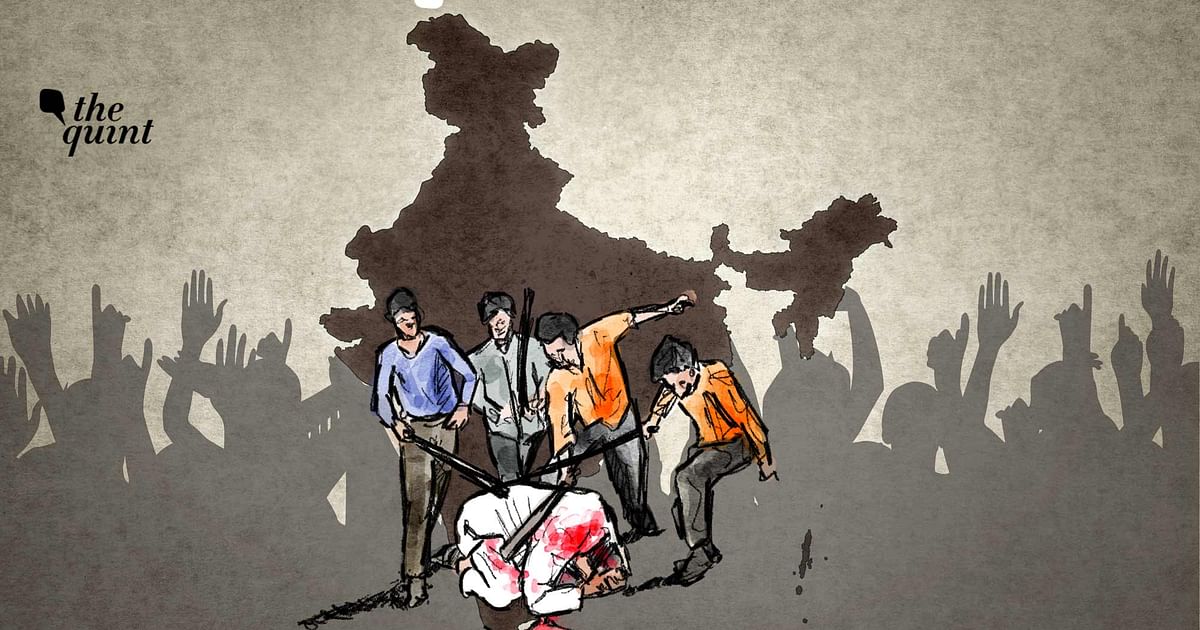


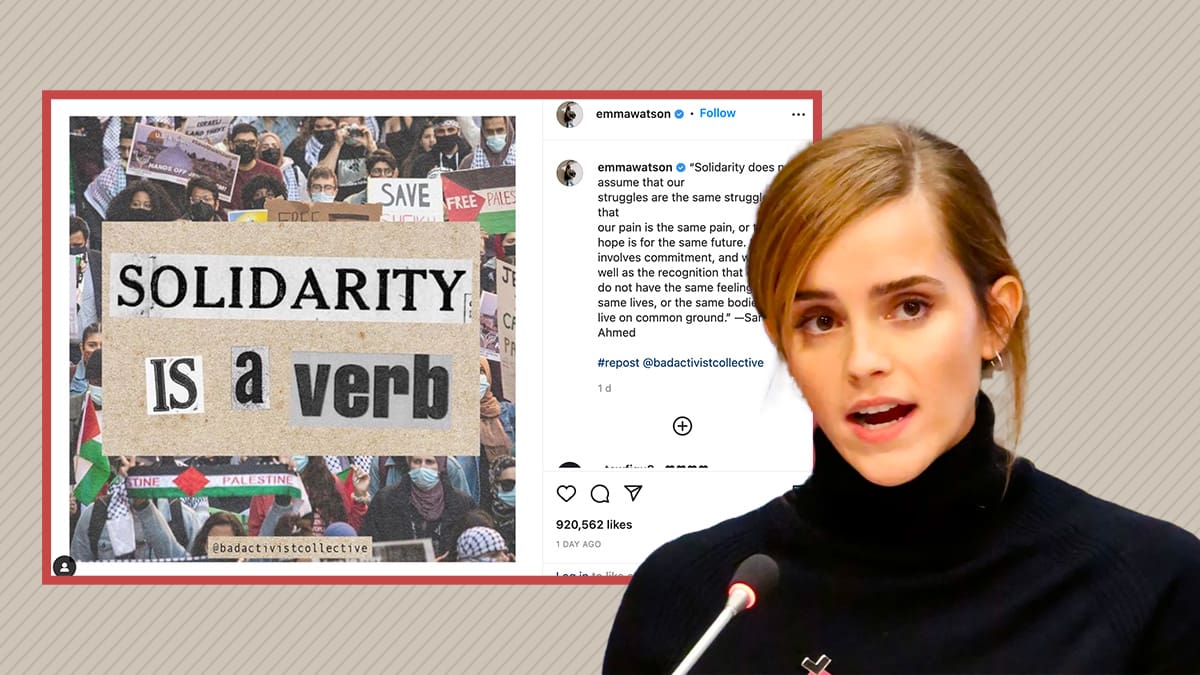




















 might be?](https://sk0.blr1.cdn.digitaloceanspaces.com/sites/1394/posts/714526/dbc8de4c-5c50-411f-aba0-55cfb74a692d.jpeg)

Write a comment ...